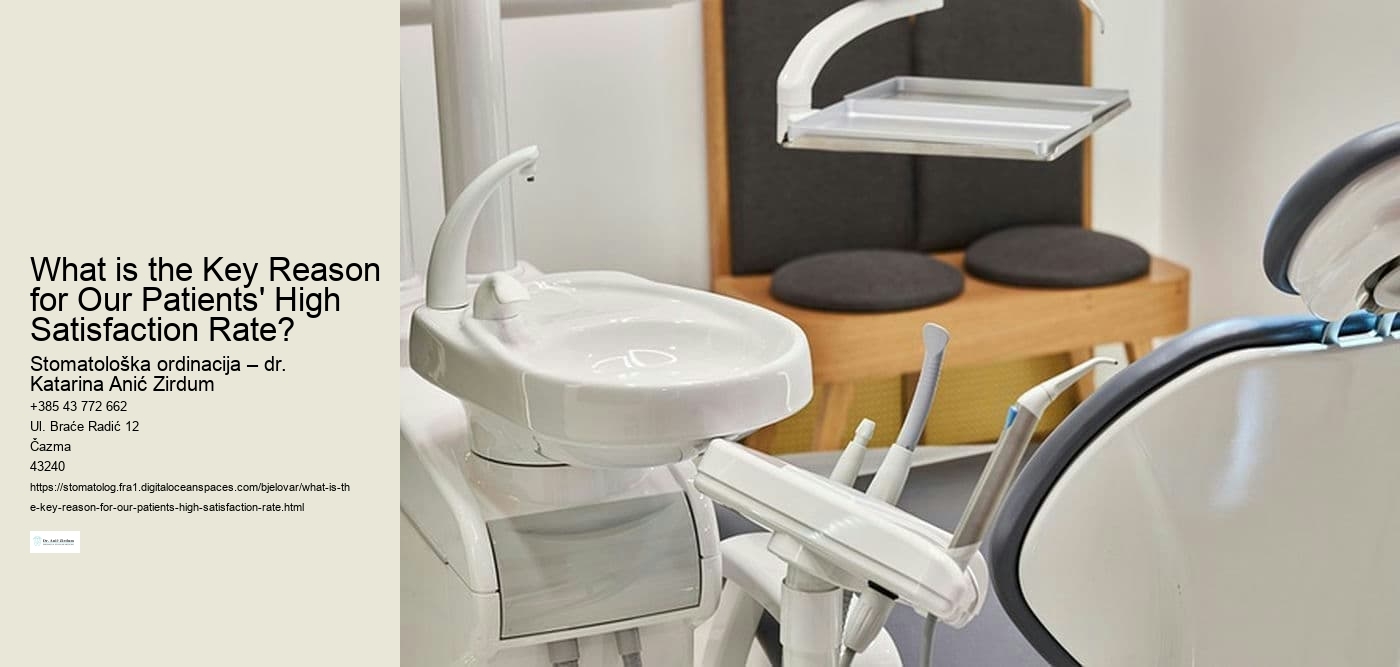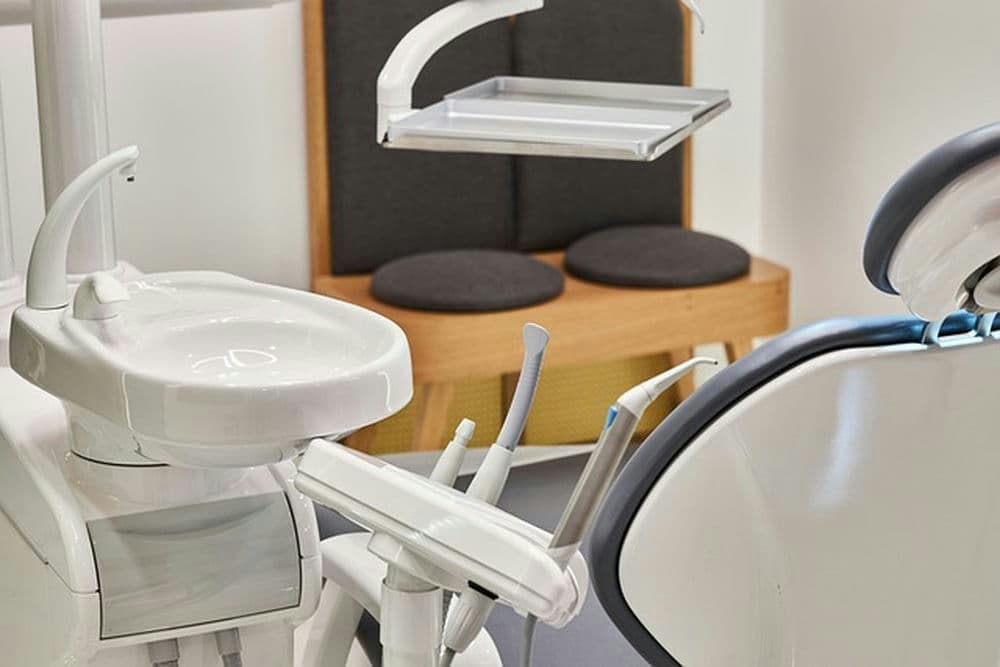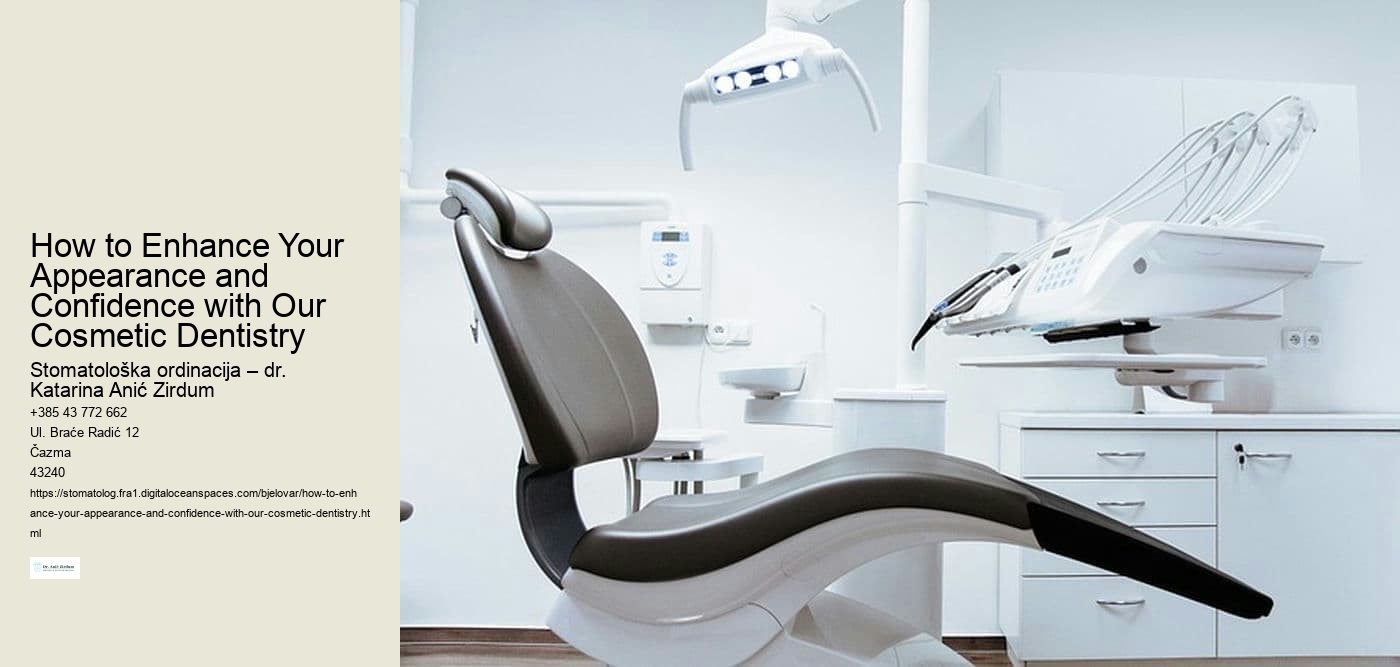Pages
Rating:
RSS:
RSS FeedSitemap:
Sitemapmini dental implants cost
Posted 1/12/2023 by Admin

Free Dental Implant ConsultationThe Benefits of Dental ImplantsMeet with Dr. Roe and learn more about the different options for lacking teeth and in regards to the dental implant procedure. ental implants are man-made (artificial) replacements to your tooth roots. We put them into the bone of your jaw. They help to aid:dentures (false teeth)crowns (caps on top of damaged teeth)bridges (platforms to bridge or fill the space where 1 or more teeth are missing)Implants are long-lasting replacements in your tooth roots if you care for them correctly. Qualified dentists suit your dental implant. These dentists are experts, specialists or postgraduate students. A advisor is responsible in your care, but more than 1 dentist might treat you. Having a dental implant usually comes to 3 or 4 stages:A pre-operative evaluation. Bone grafting (a technique to increase the quantity of bone in your jaw for supporting the implant). Not all and sundry needs this.
hybridge dental implants
Posted 3/1/2023 by Admin

If no implant is placed in the 1st year of losing a tooth, that bone area loses 25% of its volume, and bone loss maintains over the years. Dentures can even speed up bone loss as they frequently become loose, after which rub in opposition t the bony ridge, steadily wearing it away. Because an implant replaces the basis as well as the tooth, and chewing is restored to normal, it provides the needed stimulation for herbal bone growth. Dental Implants keep adjoining teeth stableThe gap from a missing tooth can cause adjoining teeth to crookedly shift against the distance. This pulls your teeth out of position and can affect your bite, your capability to chew and your appearance. It can cause interference that makes tooth replacement challenging later.
best dental implants near me
Posted 1/3/2023 by Admin

Avoid tooth-staining tobacco and caffeine products. Get treatment if you grind your teeth. What are dental implants?Dental implants are small threaded posts that substitute missing teeth roots. Most dental implants are titanium, but some are ceramic. Both of these materials are safe and biocompatible (pleasant to the tissues inside of your mouth). How do dental implants work?A doctor places a dental implant into your jaw during an oral surgery technique. Once the implant heals, your dentist can place a crown on top. Depending in your oral health goals, your dentist can restore your implants with crowns, bridges or dentures. Who may wish dental implants?People who have a number of lacking teeth can advantage from dental implants. You may wish a dental implant if you have tooth loss due to:Cavities (tooth decay). Tooth root fracture.
full mouth dental implants price
Posted 2/5/2023 by Admin

Most crowns and bridges last around 15 years and most dentures last at least seven years, but this timeline varies. When should I see my dentist?If you have tooth loss that’s interfering along with your best of life, time table an appointment with a dentist to discuss your substitute options. They can help verify if dental implants are the right answer for you. Are dental implants painful?Dental implant placement is a surgical system. Like any surgical technique, some discomfort is normal. But nonsteroidal anti-inflammatory drugs (NSAIDs), such as ibuprofen, can help reduce pain and swelling linked to dental implant surgical procedure.




